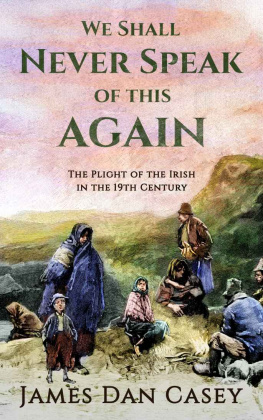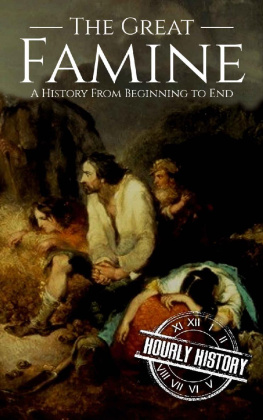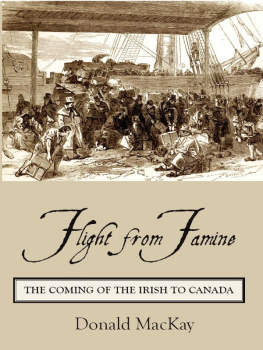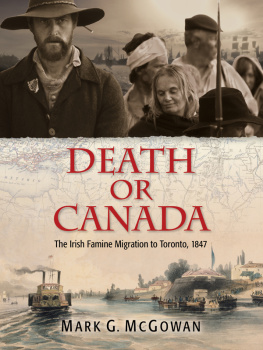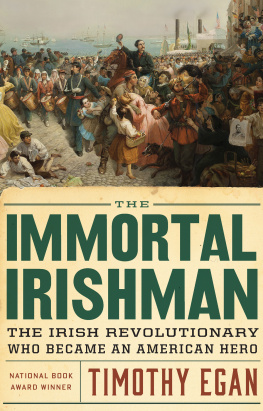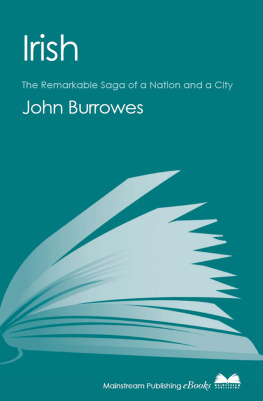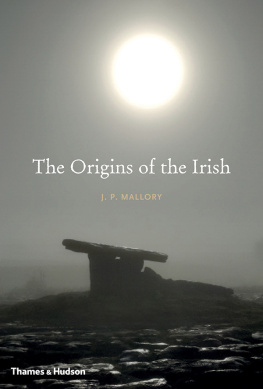
Copyright 2021 by James Dan Casey.
All rights reserved. This book is protected by copyright. No part of this book may be reproduced or transmitted in any form or by any means, including as photocopies or scanned-in or other electronic copies, or utilized by any information storage and retrieval system without written permission from the copyright owner.
Paperback: 978-1-7375716-0-5
E-Book: 978-1-7375716-1-2
Printed in the United States of America.
Cover by 100Covers
Editor: Dr. Vonda, First Editing
Interior Design by FormattedBooks.com
CONTENTS
First and foremost, I thank God for His guidance in writing this book and for His presence on the many late nights it took to co mplet e it.
I treasure the encouragement and support I received from all my family. They gave me the confidence and motivation to finish writing the book.
A special thanks to grandsons Jacob and Caleb. Jacobs assistance with graphic design and Calebs technical support facilitated the completion of th e pro ject.
A special thanks to Mary Skelly, Curator of the County Roscommon Heritage and Genealogy Company of Roscommon, Ireland for her work in locating baptismal records for our Irish family. This breakthrough led to the location of their Catholic parish and the locale of the Casey farm in County Rosco mmon.
Also, my gratitude to the extended Casey family for maintaining the tradition of gathering together to celebrate our Irish heritage and sustain a family connection through the ge nerat ions.
Finally, a heartfelt thanks to our original family from Ireland who immigrated to the United States to live in a free country, a desire held by many Irish of the 19th century. They made it possible for all of us, as their descendants, to live with that same freedom. Father John, and sons Patrick, James and Michael made it to America. Mother Ellen and daughter Mary did not. May they all rest in p eace.
My purpose for telling this story was to inform and hopefully inspire the younger generations of my family as well as all people of Irish descent to learn more about our Irish ancestors. As generations pass, we grow further and further from our forebears and eventually their story may be forgotten a ltoge ther.
Its important for our younger generations to realize that our Irish ancestors are responsible for giving us the opportunity for a prolific life in a land of freedom and opportunity. Without our forebears vision of a better life, our families would not live in the country we do. In that regard, we should think of our Irish ancestors as an integral part of our family. They not only lived their lives, but they largely determ ined ours.
However, we must not forget Ireland, their homeland. In the 19th century, as now, there was a great sense of pride in being Irish. That Irish pride prevailed amid the tragic history of that century and a culmination of hundreds of years of Englands oppressive rule. Many who emigrated never released that sense of grief they felt for leaving their na tive land.
I did not intend to write a book. I started to write a brief history and the story took on a life of its own. This book is a contemporary perspective of the struggles and misfortune experienced by the Irish in the 19th century. It is an informative account for anyone. Many are unaware of this heart rending Irish story. I urge you to take the time to hear their version, especially if you are of Iris h des cent.
This is not a genealogy book or a scholarly writing, but merely an overview of the history of that time, tracking one family within its framework. Through this history, we have a chance to imagine their trials, joys, burdens and likely their sufferings. This is the key to perceiving them as real people and as truly a part of our fami lies.
This is not the land of my birth, but it is the land for which I hold the greatest a ffecti on.
John F. Kennedy, speaking of Ire land
Seventy million people in the world are said to have Irish ancestry. If you are reading this, you may be one of them. However, many of these millions are unaware of the relentless and prolonged racial and religious persecution perpetrated on the Irish and Irish Catholics in a period of history when Irish Catholics could not vote, own land, bear arms, hold public office or even worship together unless it was in hiding. Centuries of English domination and authoritarianism crippled Irish resolve and left a beleaguered people unable to respond to the o ppres sion.
A million Irish died of starvation and disease in the Potato Famine, a famine that could have been largely mitigated by England, Irelands supposed sister country. Millions also emigrated throughout the 19th and into the 20th century. More than a million left during the Famine, literally driven out of Ireland by Englands dogged attempt to depopulate the island. A country of more than 8 million at the mid -1 9th century shriveled to nearly half that by 1900. This book will tell the story of that dark time in Irish history. Volumes have been written about Irelands history in the 19th century. This is a concise but informative version of that sad tale.
With family, most of us have very little tolerance of abuse from others. It should be the same for our ancestors. This book about your family and mine was written with the purpose of identifying those responsible for the maltreatment of the Irish and determining their accountability. The Catholic Irish were subjected to centuries of human rights violations. The draconian Penal Laws of the 18th century literally stripped Irish Catholics of their basic human rights. The farce titled the Act of Union removed Irelands right to govern itself and put all power in London. The English government dispossessed Irish Catholics of their land. This story will describe a token Catholic Emancipation in the 19th Century that did not live up to its name. You will read of an English Parliament that was totally indifferent to and bore no sympathy for the Irish during the Potato Famine. Furthermore, their actions and omissions seemed to fulfill their desire to eliminate one quarter of the Irish population for their self -s erving needs. Was anyone called to account for these egregious acts? This book will identify those responsible and their centuries of human rights violations. This happened to yo ur fa mily.
Read this book. You will experience outrage, frustration, sadness and finally a glimmer of hope. It should instill in you a new Irish pride. If it does not, then I havent accomplishe d my goal.
The Irish family included in this history is named Casey, my family. Imagine your family in this history because they would have received the same abuse as mine. Many Irish did not survive it; likely some of my family as well as yours died. Their descendants are missing from the Irish diaspora of t oday.
My family became part of the millions who emigrated, the millions who had hopes and dreams for a better life in a New World. I sincerely hope this book causes you to take a new look at your heritage and to be cognizant of your ancestors at your next family gathering or reunion. They are there with you and w ithin you.
The family depicted in this book is real. John Casey was my Great - G reat -G randfather . He and his family immigrated to America circa 1862. He and his sons Patrick and Michael are buried in Braidwood, Illinois. Johns son James moved from Illinois to Kansas and acquired Federal land through the provisions of the Homestead Act of 1862. He became a landowner, an advantage that he likely would never have had i n Ire land.
John and Ellen Casey of County Roscommon, Ireland had five children, one of which we believe died as an infant. The Caseys were small tenant farmers in the townland of Carrowgarve in the northwest part of the county. They were Irish Catholic and lived in the Catholic parish of Fairymount. Their church, St. Baoithin, was only a one -o r two -m ile walk from the farm. All the children were baptized in Fairymount parish. A new St. Baoithin Church was built in 1858, possibly with assistance from the Casey family. They would have attended Mass in the new Church until they emigr ated.
Next page
